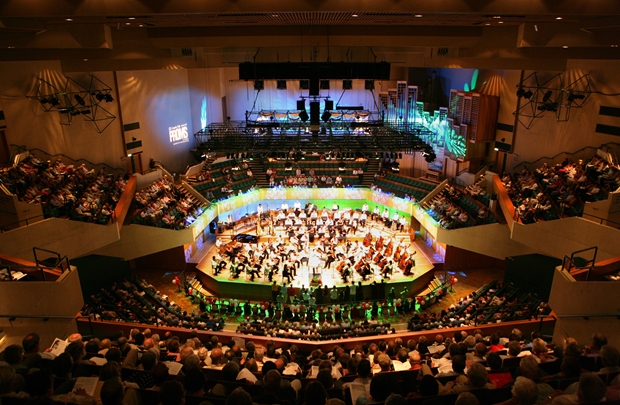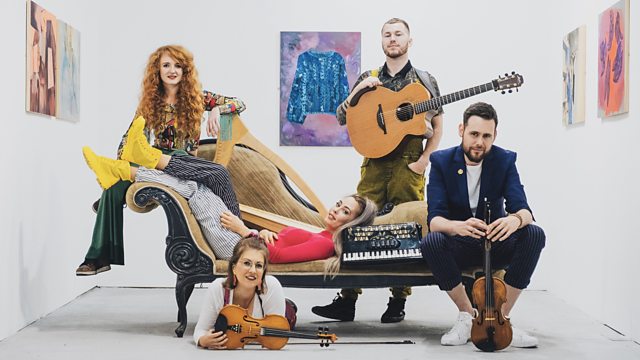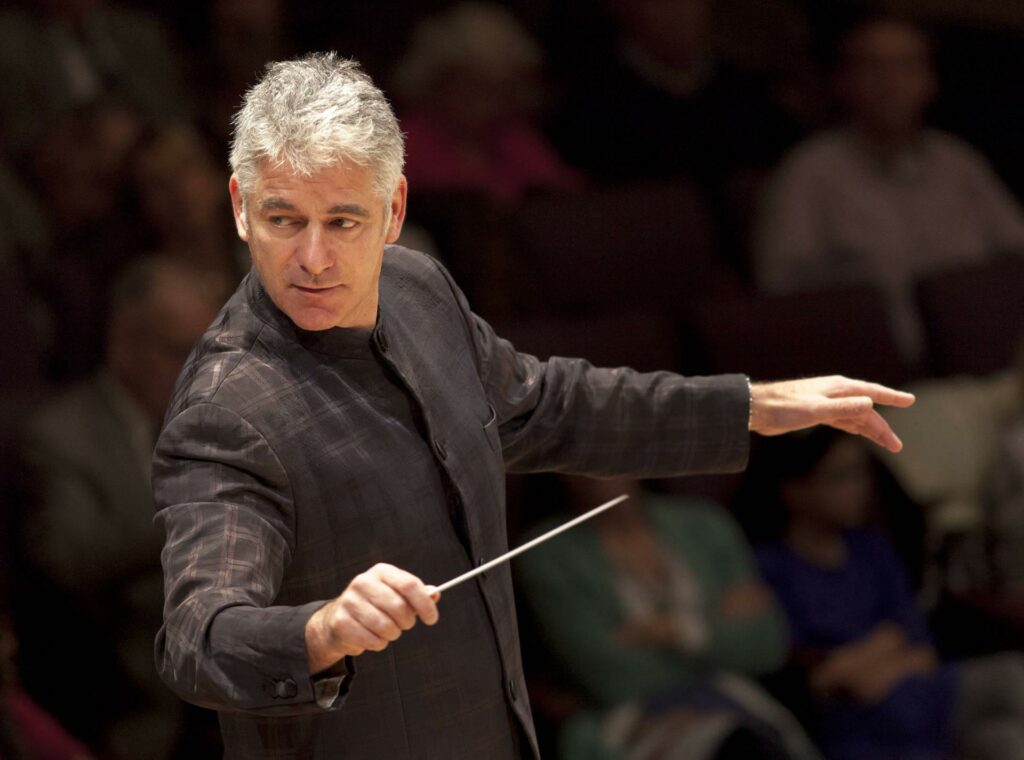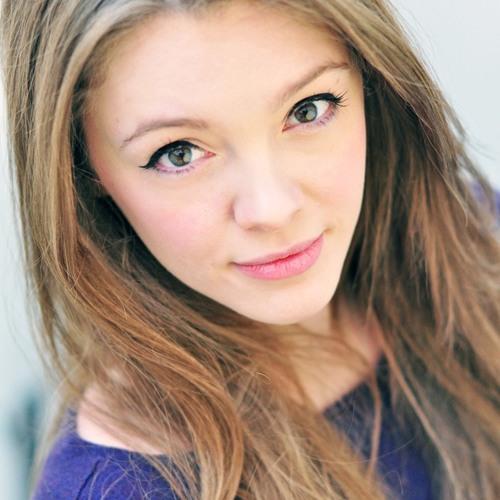
 (5 / 5)
(5 / 5)
A magnificent experience from start to end; if you haven’t been to see a live orchestra, I cannot recommend the experience enough, especially a performance by the BBC National Orchestra.
For the annual “Dydd Gwyl Dewi” by the BBC National Orchestra and chorus of Wales, a celebration of all things Welsh occurred. The event marks the start of a partnership with Orchestre Synphonique de Bretagne and was conducted by Musical Director Grant Llewellyn. This collaboration showcased performances from the National Youth Orchestra and the orchestra’s partnership with the Welsh folk band Calan.

The performance began with the string section and wow! The bows leaped and danced in bounds of rhythm and movement with each other. Mesmerised by the spiralling and winding of the violinists, the sound echoed both visually in front of us as well as audibly, surrounding our senses. It was only in the moments of rest in which the musicians once again became human. Otherwise, you were entranced by the bountiful immersion occurring on stage.
Whilst conducting Llewellyn, would dance (although often like a dad whilst making dinner in the kitchen) with the music taking over his physical being which would emit onto us, the audience. There were moments which were Matilda-esque, playing with the electricity between the different musicians.

Flickers of imagery from time to time would overwhelm my thoughts, either that of memories of children playing in fields or of the roaming hills I would often watch through a train window. I felt at peace.
Each piece within the performance held its own providing a new stimulus for us to focus on. The second was more heavily percussioned. Again, the musicians danced, but this time it was those playing the Glockenspiel that lead the way, bouncing from note to note. My only questions being that once the choir was introduced, does the orchestra take a backseat? As the audience, both parts seemed equally powerful and important so I questioned whether one should be a lesser superior component.
With the third piece, there was also this playing of power. The soloist, Angharad Lynddon, sombre in tone but beautifully delicate with accent, teased between the everchanging balance between the orchestra and herself. This teasing continued into the fourth piece, with a sense of non- competitive play in rolling waves of triumph.

The fifth, probably my favourite of the day, balanced the old and the new in the most magical way. It balanced the factors of delicate comedy with moments that were boisterous with power in such a way we were enchanted by the relentless percussion.
This continuation of a modern fusion with the more classical was profound in the second half of the show. There was an explosion of life with odes to all elements of traditional welsh culture, with references from Caws to clog dancing. However, I do feel with the introduction of Calan, both the orchestra and choir became neglected. The percussion was replaced by the rhythmic plucking of the guitarist and the focus was turned more towards the band. I desired a more equal balance between the components, whether this could have occurred spatially, with the band in the centre of the orchestra or if it was something musical that needed to be altered. Although, it was incredible to watch Llewellyn conduct both the orchestra and the band, with the relationship between the three was clearly evident.
To conclude, the whole experience and atmosphere was a magnificent experience from start to end; if you haven’t been to see a live orchestra, I cannot recommend the experience enough, especially a performance by the BBC National Orchestra.
